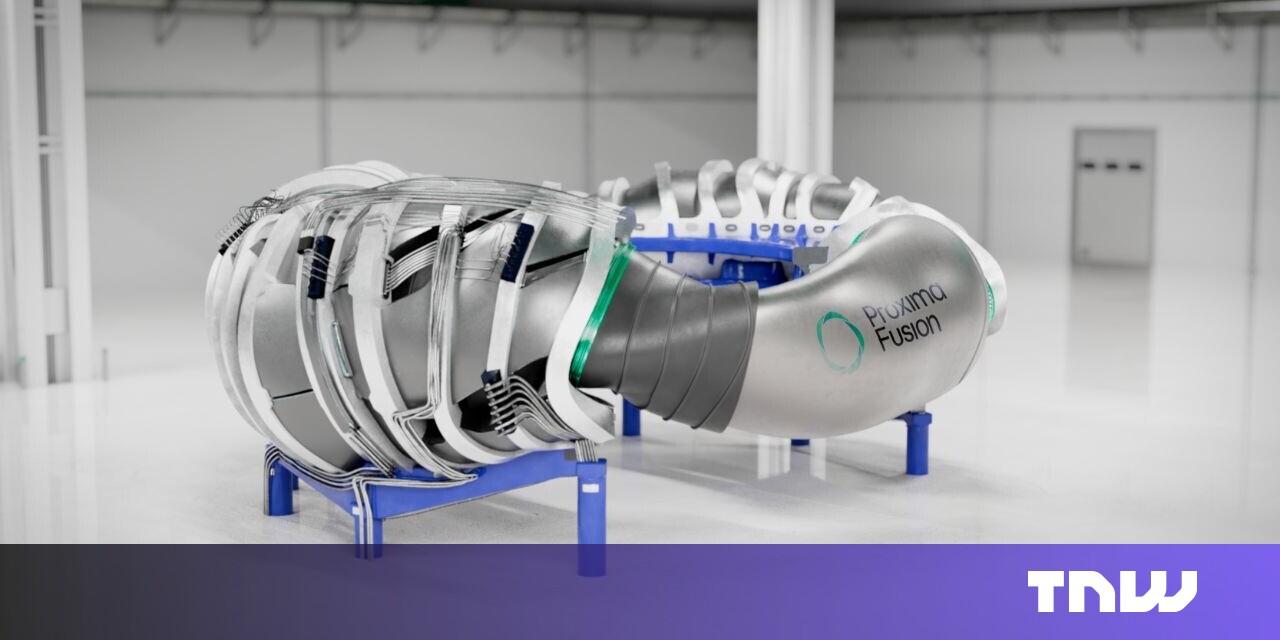
""Fusion holds the potential to fundamentally transform the way we think about energy, changing the world from a place that's controlled by those with reserves of oil and gas, to one where technology lets countries control their own fate," he told TNW."
""Europe has an incredible strength in magnetic confinement fusion, with around twice the number of researchers and large-scale [fusion] devices than the US," said Sciortino."
"Proxima - the first company to spin out from the Max Planck Institute of Plasma Physics in Germany - is building a type of magnetic confinement device called a stellarator."
"While more complex to build, stellarators have several advantages over tokamaks. They need less power to operate and make the plasma easier."
Europe's dependency on imported fossil fuels and renewable technologies is alarming, prompting exploration of nuclear fusion as a potential solution. Fusion energy promises consistent, safe power generated locally using widely available resources such as deuterium and tritium. Francesco Sciortino, a key player in the sector, asserts fusion could empower nations to control their energy future rather than rely on oil reserves. Europe's lead in magnetic confinement fusionâutilizing advanced devices like the stellaratorâpositions it favorably in the global quest for fusion technology, which may complement existing renewable energy sources.
Read at TNW | Sustainability
Unable to calculate read time
Collection
[
|
...
]